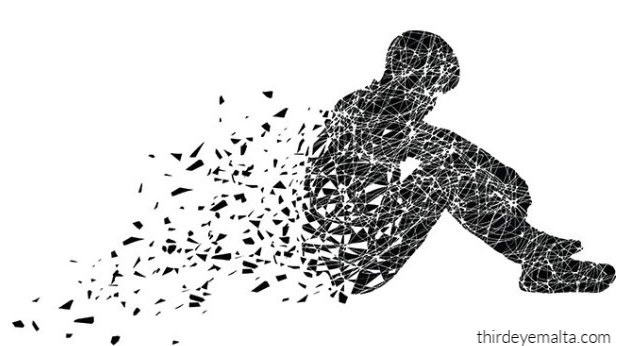I have been working in education for four years, and in that relative short span of time, I have heard about the horrors our students experience at home. Most of my female students, and some of my male students, have experienced some sort of sexual assault in their childhood. Each day, they are forced to cope with the reality of having experienced an irreparable violation to their bodies and to their existence. Other students were physically abused as children, whether through physical beatings that they received from their parents, or torture techniques that caregivers used on them. One of my students told me about his dad’s go-to disciplinary custom: he would run freezing cold water in the bathtub, and hold his son under that running water for several minutes, and repeat the process until he decided that his son learned the lesson. Another student told me about the pain she felt when her dad would beat her with his thickest, leather belt, and would dismiss her cries in the seemingly never-ending strikes to her body.
Some students suffered, and a few continue to suffer, from verbal abuse at home. Some parents tell their children that they aren’t smart, or that they should find a job now instead of wasting their time at school. Other students are cursed at by their drunken fathers, and they are compelled to take care of their fathers after the fact in order to make sure that they don’t choke in their own vomit while they sleep their drunkenness away. I have met students whose siblings are in prison, and others whose siblings, or friends have been killed as a result of gun violence. Some students are forced to become the primary caregiver for their siblings in their early teens in order to support their single working mothers. Students have gotten beat up on the street, and mugged for their cellphones, or backpacks. Students have been forced to play intermediary for their divorcing parents, and in the process are shamed for “favoring” one parent over the other. Police officers have detained students on the street simply for hanging out in front of a store for “too long.” School administrators have suspended students for general insubordination when students question unreasonable rules.
Most of our students have suffered from enough traumatic experiences to be considered victims of PTSD. According to Oakland educator and well-respected education lecturer, Jeff Duncan Andrade, “Every single one of us who is teaching has multiple kids with the symptoms of PTSD. And all the research and practice suggests that if you don’t address that, the likelihood you’re going to get homework done or get a kid to focus for multiple days on state and national tests is zero.”
In the myriad of traumatic events, students are expected to take on their parents’ emotional baggage, and push through life as if nothing has happened. They get to school with unresolved emotions–with undeveloped emotional intelligence, and teachers expect them to sit through their class, and focus on school work. However, students will never be able to show their true academic potential so long as their socioemotional needs are not met. Our children must receive support to deal with the PTSD symptoms they deal with on a day-today basis, and only after will we have an accurate representation of their academic abilities.
Robel Espino
Latest posts by Robel Espino (see all)
- Parte 2, Explorando las Ideas de Jeffrey Duncan-Andrade: La Política y la Economía del Fracaso - December 18, 2019
- Part 2, Exploring Jeffrey Duncan-Andrade’s Ideas:The Politics and Economics of Failure - December 16, 2019
- Explorando Las Ideas de Jeffrey Duncan-Andrade, Parte 1: El Sistema de Educación Urbana, No Está Fallando - December 3, 2019
- Exploring Jeffrey Duncan-Andrade’s Ideas, Part 1: The Urban Education System Is Not Failing - November 26, 2019
- Estudio Sugiere Que las Lecturas en el Aula No Son Muy Efectivas, Pero Mis Alumnos y Yo las Amamos - November 22, 2019

